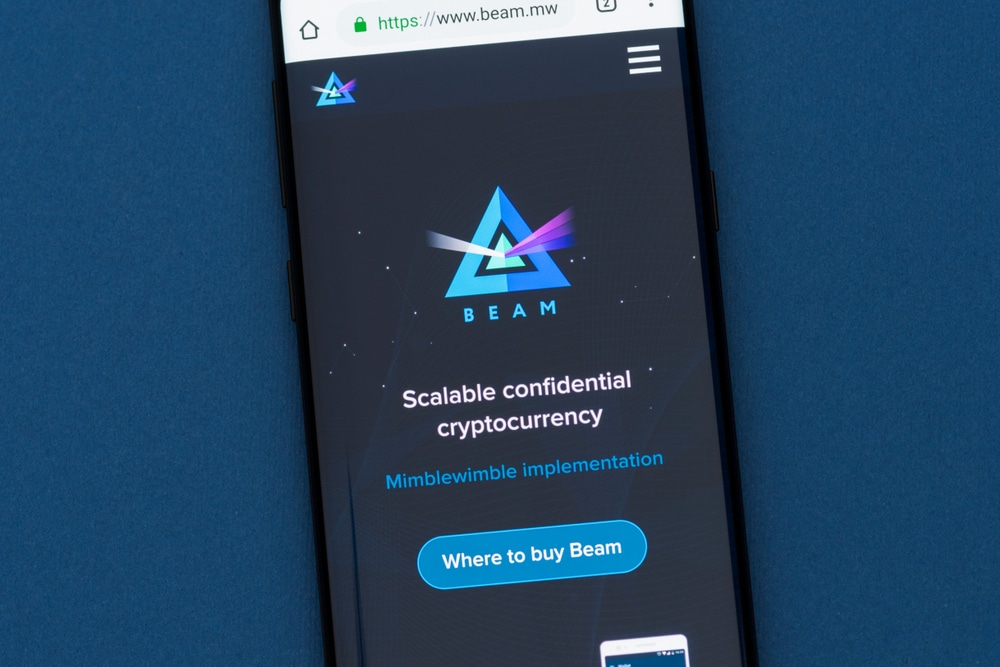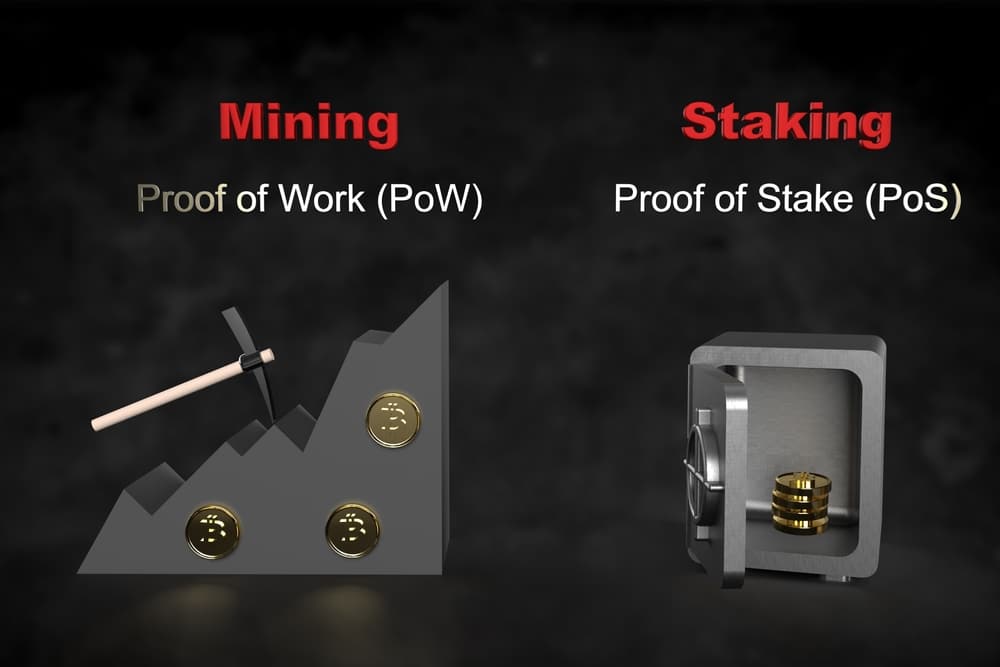How Bitcoin Custodial Account Differs From Traditional Bank Account

Cryptocurrencies like Bitcoin are digital currencies that utilize cryptography to secure accounts. They complement the conventional banking system and are anticipated to integrate with mainstream finances as guidelines evolve and acceptance rises.
Custodial wallets are a critical aspect of the Bitcoin ecosystem. Their functioning resembles conventional bank accounts since users access funds via them, but the resemblance is superficial.
Banks are slowly waking up to the benefits of the proliferating crypto sector. They have displayed interest in comprehending how digital custody functions and are seeking means to institutionalize custody services.
DBS Bank provides custody services for digital assets, while BNY Mellon is creating a multi-asset digital custody platform. Merging Bitcoin’s trust model with conventional banks’ reliability can considerably reform banking services.
Understanding How Traditional Bank Accounts Function
Traditional bank accounts use the fractional reserve banking concept. In this case, banks hold a fraction of client deposits, and the remaining funds are used to approve loans.
The banking system supports economic activity and exposes depositors to the counterparty default risk. Previous bank failures, for instance, the Great Depression of the 1930s, show how vulnerable this strategy is. A bank might lack adequate liquidity to meet demands if an unanticipated withdrawal spike occurs.
Despite the U.S. Federal Deposit Insurance Corporation minimizing this risk to some level, account holders should know that their deposited funds are not just lying in a vault but are being utilized to generate earnings. This creates potential liquidity problems during unanticipated circumstances.
Understanding How Bitcoin Custodial Storage Function
Bitcoin utilizes cryptographic technology to encrypt transaction information for security. It also uses a proof-of-work (PoW) consensus mechanism that requires network participants to address the cryptographic puzzles needed for the addition of blocks to the Bitcoin blockchain.
Bitcoin storage is a software solution or wallet that permits users to access digital assets stored on blockchain platforms. The assets may entail nonfungible tokens, cryptocurrencies, and other digital tokens.
Hot storage and cold storage are the two options for Bitcoin custodial storage. Hot storage entails storing Bitcoin online via software wallets or exchanges, while cold storage entails using hardware wallets or paper wallets to secure Bitcoin offline.
Custodial wallets ensure convenience but at the cost of entrusting a third party with their digital assets’ security. Self-custodial platforms permit users to have total control over their private keys.
Traditional Bank Accounts Versus Custodial Storage
Security
Banks safeguard account holders’ funds and data by requiring multifactor authentication and advanced encryption. Custodial wallets offer a greater security level compared to bank accounts.
The two systems need adequate security measures to maintain safety at the user level. Robust passwords and two-factor authentication are needed when using a conventional bank or custodial wallet.
Quicker Settlements
Complex processes often delay transactions and payments via conventional banking systems.
Bitcoin wallets utilize blockchain technology to ensure quick settlements irrespective of users’ geographical location. Crypto wallets ensure quick access to transferred funds, eliminating bank transfer delays.
Reduced Costs
Transfers between Bitcoin custody wallets are more economical compared to conventional banking. Bank transfer networks are involved in international bank transfers.
The process entails various players, including the originator, beneficiary, originator’s financial institution, beneficiary’s financial institution, payment gateway, and card processing network.
Global Funds Accessibility
Cryptocurrencies are global, offering easy access to digital assets irrespective of user’s location. Conventional banks have set working hours or need physical presence for various tasks.
Financial Inclusion
Bitcoin custodial wallets can enhance financial inclusion, facilitating access to the international monetary system.
Inflation of Underlying Currencies
Conventional bank accounts provide reduced interest, while fixed and recurring deposits offer fairly higher rates. Nevertheless, inflation affects the actual return.
Bitcoin has a pre-set supply of 21 million coins. After every four years, Bitcoin halving takes place, reducing the supply by 50%.
Bitcoin is more prone to significant price changes.
End Thoughts
The choice of either bank account and crypto custodial storage is a personal undertaking relative to one’s preferences. A user’s decision relies on their financial goals, risk tolerance, and comfort level with technology.
Zone Crypto Invest provides exposure for numerous crypto businesses, and we invite you to join our community! Connect with us through our Telegram chat for any questions. Given the volatile nature of cryptocurrencies, always conduct thorough research before investing. Many articles on our website are sourced from guest writers or are paid content, and they might not reflect the views of Zone Crypto Invest's internal team. The opinions in these pieces may not always coincide with Zone Crypto Invest's stance. We do not vouch for the accuracy, quality, promotions, or any other aspects showcased on our platform. Please refer to our detailed terms of service and disclaimer for further information.








